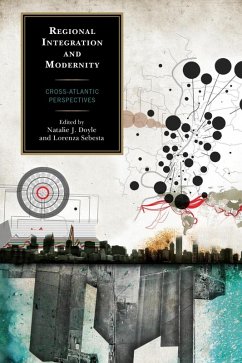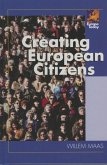This book offers a new framework for comparing experiences of integration: regionalization must be reinterpreted as an aspect of modernization, modernization unfolding also at the local, national and global levels. The contributors discuss how and why the different visions of modernity that inform modernization projects encouraged the construction (or rejection) of regional integration, at different times and in different places.
It starts with an analysis of plans for the economic integration of Europe in the aftermath of World War I. It shows how integration was identified as the means to modernize the region with a view to helping it overcome political fragmentation and adapt to new conditions of global capitalism. It then turns to the debate on modernization unfolding in the era that constituted the formative period of integration for both Europe and Latin America. It analyses examples of the complex interaction between these two different experiences, as it extends into the present. Finally, it looks at the social and political actors that promoted integration in the two regions and at the discourse they formulated to do so.
It starts with an analysis of plans for the economic integration of Europe in the aftermath of World War I. It shows how integration was identified as the means to modernize the region with a view to helping it overcome political fragmentation and adapt to new conditions of global capitalism. It then turns to the debate on modernization unfolding in the era that constituted the formative period of integration for both Europe and Latin America. It analyses examples of the complex interaction between these two different experiences, as it extends into the present. Finally, it looks at the social and political actors that promoted integration in the two regions and at the discourse they formulated to do so.









